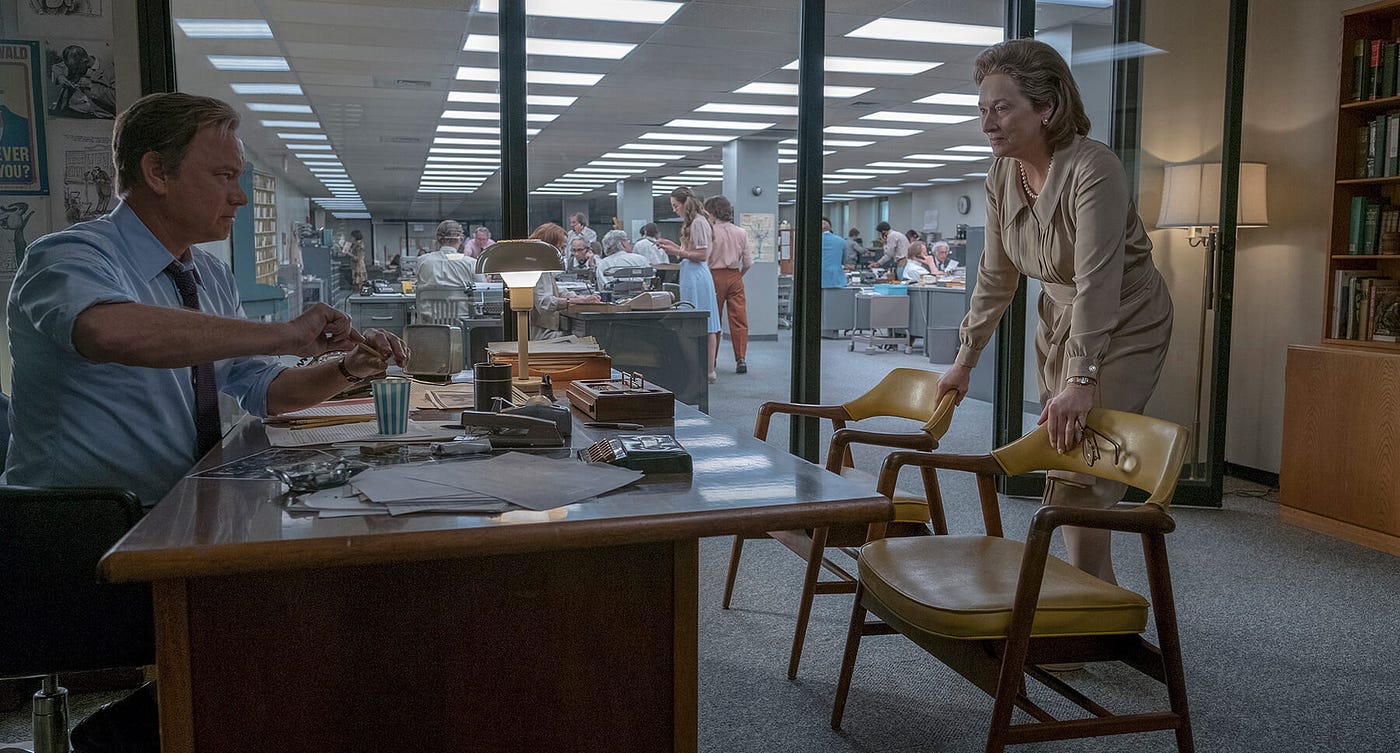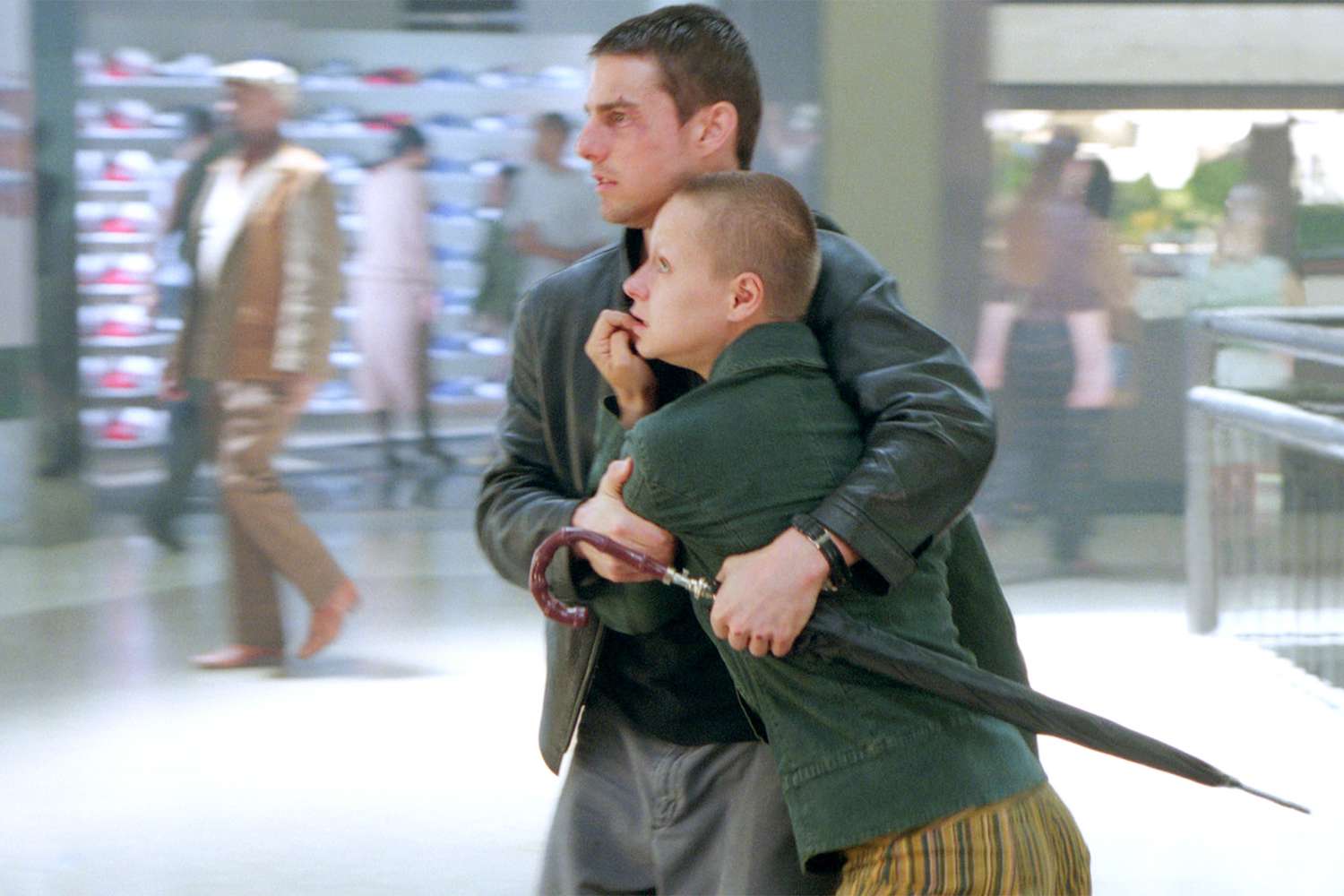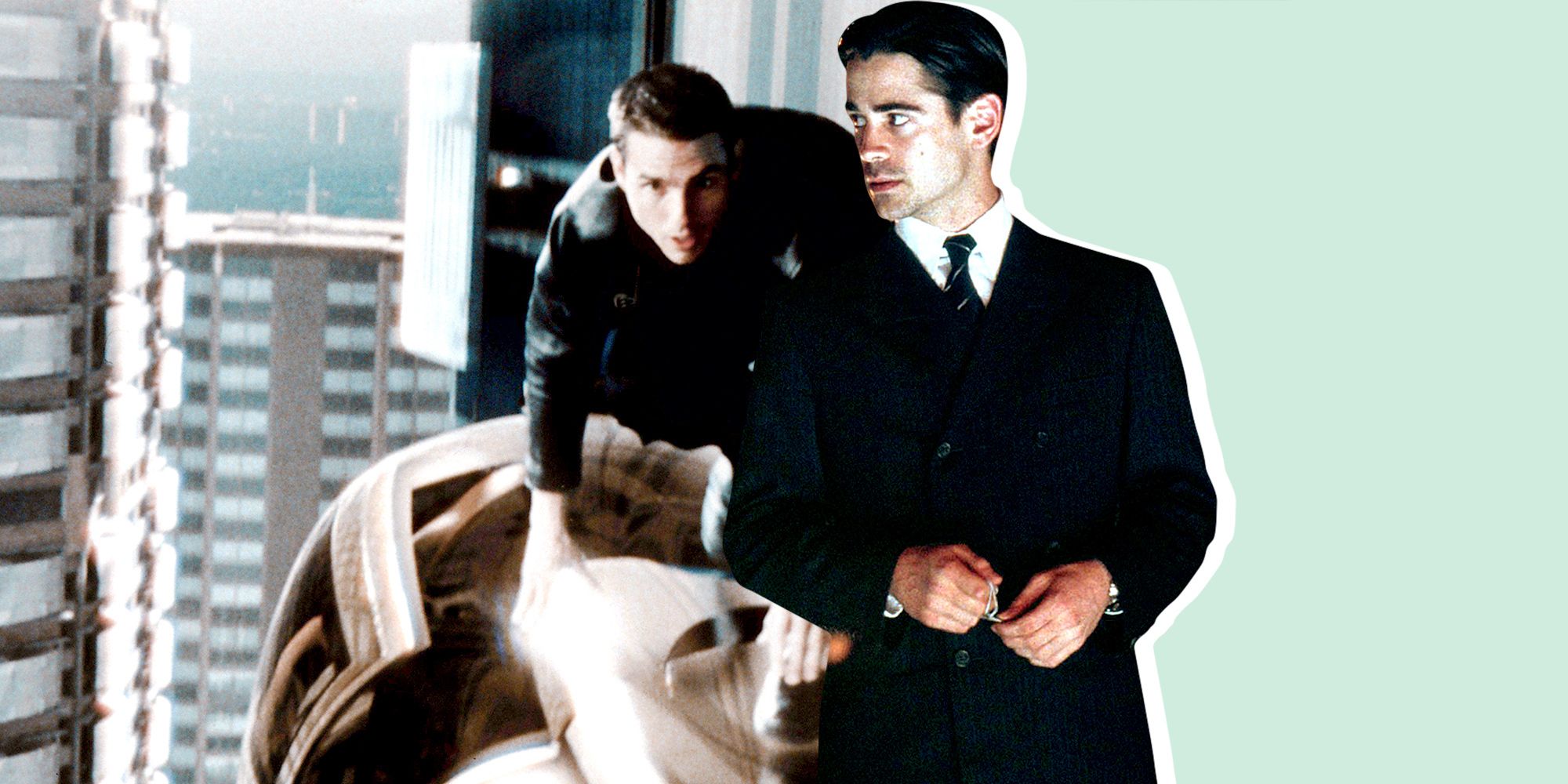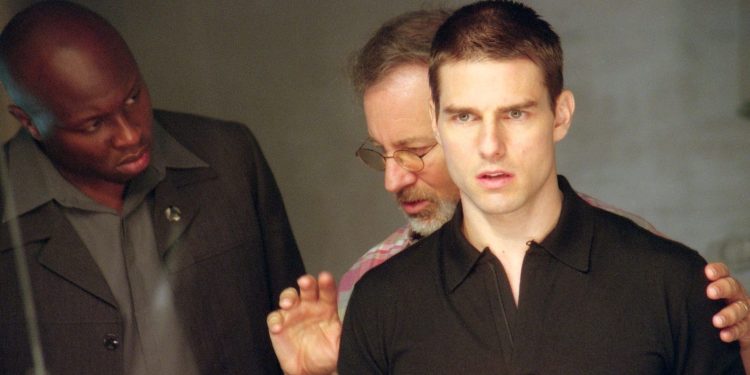Steven Spielberg’s directorial prowess is unmistakable, having gifted the world iconic franchises like Jurassic World and Indiana Jones. However, Spielberg occasionally surprises us with introspective revelations about his projects that diverge sharply from public perception. Such is the case with his 2002 thriller Minority Report, starring Tom Cruise, which Spielberg initially pegged as the most cynical film of his career.

Spielberg’s Shift from ‘Whodunit’ to ‘Wishful Thinking’
Minority Report unfolds in a future where “PreCrime,” a police unit, arrests criminals before their offenses occur, thanks to the foresight of three psychic “PreCogs.” Tom Cruise stars as John Anderton, a PreCrime officer who finds himself accused of a future murder he hasn’t committed. The film, recognized for its gripping plot twists and intense action, was expected by Spielberg to be a straightforward mystery—a whodunit.
However, in a candid interview with WIRED, Spielberg shared how his initial view of the film as a dark, cynical narrative evolved during its creation. “At its core, the movie is a whodunit. It’s actually a whodunit-to-me. I responded immediately to that. And then, I responded to the myriad possibilities of creating a future that is not too distant, yet with the kind of technologies we can only dream about but wish we had now,” Spielberg remarked. Over time, he realized the story morphed into something far less cynical: “I was wrong. It changed. Because, well, it’s not cynical to want to believe that there could be a miracle – that they could stop people from killing in the future.”

A Legacy That Outlasts Cynicism
The legendary director also reflected on the enduring impact and contemporary relevance of Minority Report, expressing satisfaction with how the film stands up against modern cinematic and television productions. This shift from viewing the film as a potential narrative of pessimism to recognizing it as one of hopeful futurism underscores Spielberg’s adaptive vision as a filmmaker. His ability to embrace the evolving themes of his works, even after their completion, highlights a flexible mindset not often disclosed in the cinematic world.

In conclusion, Spielberg’s retrospective insight sheds new light on Minority Report as more than just a tale of futuristic law enforcement or societal control. It’s a story about the possibility of hope and human capability for change—themes that resonate deeply with Spielberg’s often optimistic outlook on technology and the future. As he sums it up, the journey from a cynical narrative to one of wishful thinking not only altered his perception of the film but also perhaps invites the audience to reconsider their own.









